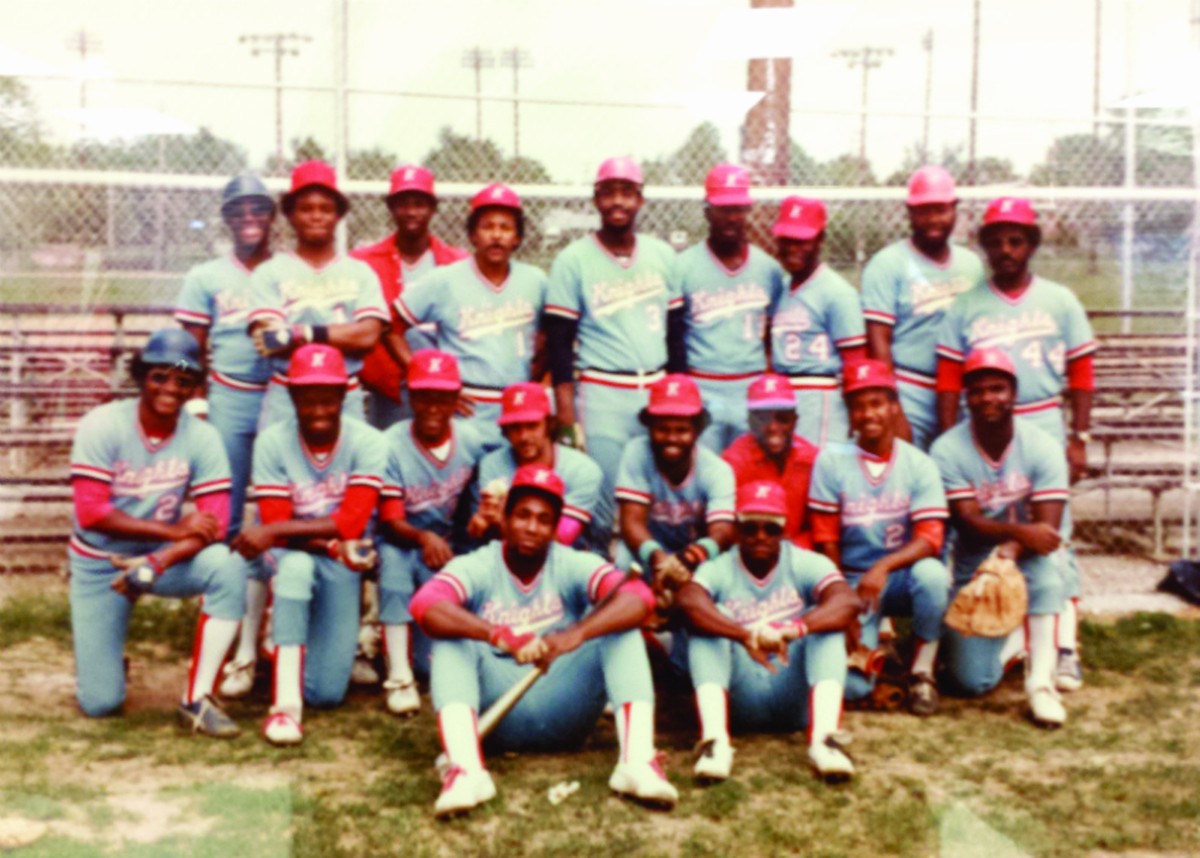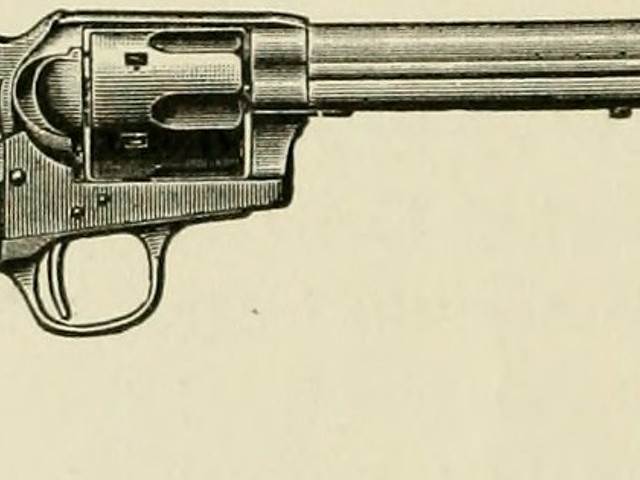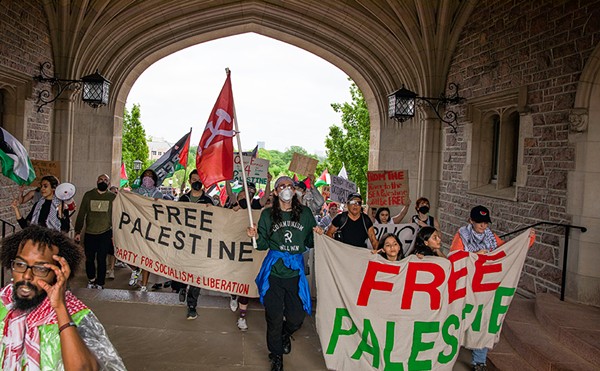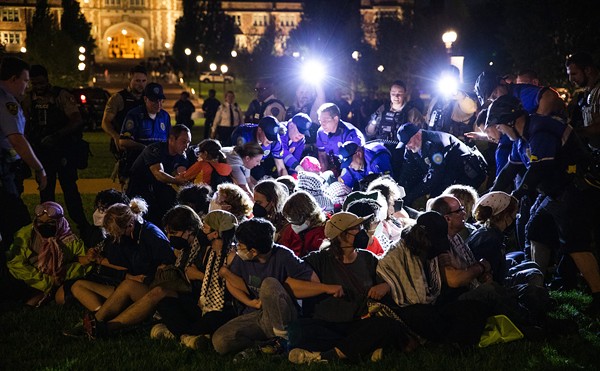With at least seven doubleheaders facing them over a stretch of three weeks in September, the Cardinals face a daunting task if they hope to make it to a World Series title in this pandemic season. May they find inspiration in another hometown team that had to sweep a quintupleheader to bring home a semi-pro championship.
That would be the Knights from the iconic Mathews-Dickey Boys’ Club. At 1 p.m. July 4, 1977, the Knights took the field at Fairgrounds Park Field #1 under a cloudless sky. At the time, they had no idea they would be playing ball until 2:30 a.m. July 5. A day earlier, the Knights had lost the first game of a double-elimination tournament that included seventeen teams. To get a shot at the championship, they would have to win every game they played the following day or go home.
More than bragging rights were at stake. The winners would leave with $1,000 cash money that would be handed over in a paper sack. The Knights very much needed the dough, as the team was in hock to Johnny Mac’s Sporting Goods for their uniforms and equipment.
Not many outsiders figured the Knights had a shot. Certainly not the loudmouth fan who had a son playing for the Chicago Pirates. He went around placing hundreds of dollars in bets on the Pirates vs. the Knights.
But these young men were made of much sterner stuff than anyone could possibly know.
A case in point: Tom “Big Sully” Sullivan, then age 22, among the youngest on the field that day.
Today, Sullivan is Mathews-Dickey’s interim president and CEO. He is also its longest serving staff member, having started in 1973. He was born in Pocahontas, Mississippi, about ten miles outside Jackson, the state capital. His father died when he was seven, and the family moved to St. Louis’ west side, to a home on Cabanne Street near Kingshighway. His mother Velma worked as a domestic by day, as well as at a dry-cleaning business, and then served as a custodian at night to support her five children.
To help out, Tommy, as Velma called him, began taking on jobs. By age thirteen, he served as a security guard for a furniture store. He sold newspapers out of a cart, and, while dodging pimps and pushers on the way, he would show up at 4:30 a.m. to work at a Kentucky Fried Chicken store, where the owner had entrusted him with the keys. When he got his driver’s license, Sullivan continued working but also took his mother to her jobs so that she wouldn’t have to ride the bus. Along with all that, he attended Sumner High and excelled at baseball and football. He graduated in Sumner’s centennial class in 1975.
Sullivan went on to Saint Louis University, where he became known as Big Sully. There he set twelve offensive records as a Billiken — for home runs, stolen bases and walks, among others. He entertained an offer from the Pittsburgh Pirates, which was flattering but not substantial enough for him to give up his scholarship at SLU.
Sullivan had met Martin Luther Mathews, cofounder of the club with Hubert “Dickey” Ballentine, while he was in high school. The Mathews-Dickey Boys’ Club on Shreve and Natural Bridge became “my home away from home,” he recalled. He earned his first club paycheck through the Earn and Learn Program, where he became one of the commissioners who organized the games. There he met such men as William Ballard, Eugene Crymes, Frank Grice, Eugene Miller and Robert Trice. “They walked straight. Talked straight. They showed a lot of concern, and you wanted to be like them,” Sullivan says. “It gave me the idea that this was how you could be respected. I knew what I wanted to be, and it was something good.”
When Sullivan graduated from SLU, “Mr. Mathews” (everyone calls him that) introduced Sullivan to a top executive at Anheuser-Busch. On Mathews’ say-so and with his stellar performance at SLU, Sullivan got an offer to join A-B’s marketing department.
But he turned it down. “Number one, I didn’t drink beer. How could I tell anyone it tasted good?” Sullivan says. “Number two, I hadn’t paid back what I had gotten from the club.” Instead, he told Mathews that he wanted to work for Mathews-Dickey.







